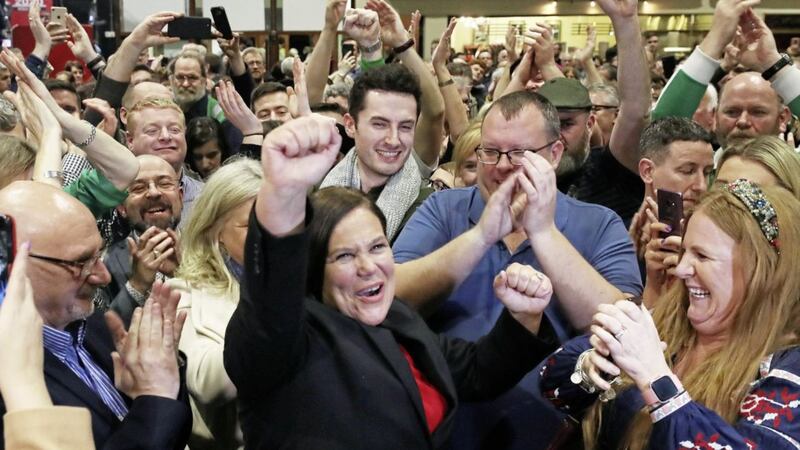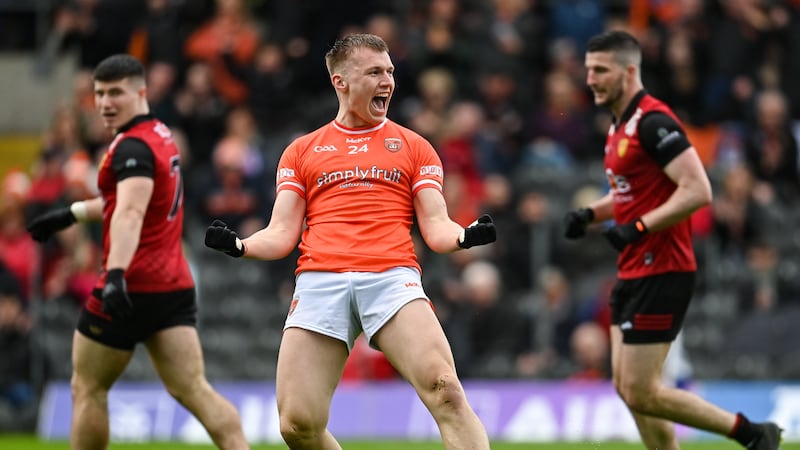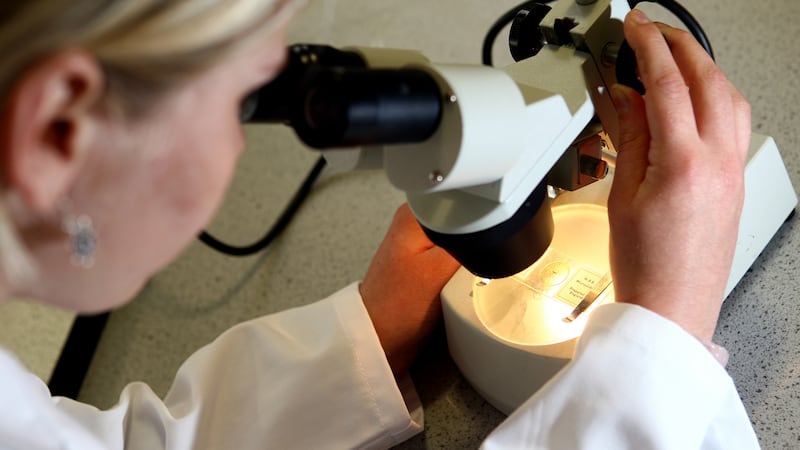METAPHORS likening Sinn Féin's electoral surge to the damage wreaked by Storm Ciara have been widely used but there is no doubt that a Force 10 wind of change has blown through the Republic's political system.
The old guard has been destabilised in a reconfiguring of the Dáil that leaves the two parties who have dominated southern politics for almost a century wondering if things will ever be the same again.
Sinn Féin is unlikely to welcome the comparison but this electoral assault on the establishment is similar to the Brexit vote and the wave of populism that brought a different kind of republican to power in the US.
It seems people are tired of the status quo, seeking not just political change but societal change too.
Nine months ago, in the wake of the European and local government elections, Sinn Féin was left licking its wounds, fearing its popularity had peaked. Questions were being asked about Mary Lou McDonald's leadership, barely a year after she'd succeeded Gerry Adams.
The party's strategists went back to the drawing board, changed the message to ensure it resonated with the disaffected squeezed middle and a younger generation who fear they may never be able to rent their own home, never mind buy it.
Read More:
- Sinn Féin surge smashes Republic's political status quo
- Big hitters lose out as Sinn Féin make gains
- Housing and health were standout issues for voters
Past experience at agitation and protest has enabled the party to readily exploit Fine Gael's failings in health, housing and education, shortcomings that confidence and supply partner Fianna Fáil is also implicated in.
The plaudits Leo Varadkar and his Tánaiste Simon Coveney received abroad for their role in the Brexit negotiations counted for nothing in the polling booths.
Similarly, efforts to discredit Sinn Féin by labouring its associations with the IRA failed to gain any traction and at times simply looked like desperate measures from two parties whose relevance to a younger generation is waning.
But even Sinn Féin was surprised by how well it was performing during the campaign and must now be kicking itself for running only 42 candidates across the 39 constituencies.
Its day came but arguably no-one saw it coming. Yet regardless of this apparent under-achievement, republicans find themselves in a position of unprecedented access to power.
The tough talking and horse trading between potential coalition partners will begin in earnest today but if the last time is anything to go by, don't expect any immediate breakthrough.
Already Micheál Martin's pre-poll pledges about not sharing power with Sinn Féin are beginning to melt away as he moves from "never" to identifying "significant incompatibility" between the parties.
He's likely to come under pressure from within the Fianna Fáil ranks to concede on his previously absolutist stance and put the personal animosity between himself and Ms McDonald aside – either that or step down as leader.
Mr Martin has also ruled out a grand coalition with Fine Gael, which leaves the Fianna Fáil leader with few options that don't involve him losing face and his desire to be taoiseach is likely to override consistency.
Mr Varadkar has been more unequivocal over his reluctance to share power with Sinn Féin, citing the party's "decision-making process (that) involves consulting an ard comhairle" and other non-elected figures, alongside opposition to the Special Criminal Court.
The Fine Gael leader also objects to Sinn Féin's push a border poll within five years though last week Ms McDonald indicated that this would not be a red line in coalition negotiations.
The Sinn Féin leader says her preference is to form a coalition of the left with the smaller parties and independents.
This would represent a seismic transformation in the Republic's body politic, banishing the establishment parties to the opposition benches and likely fuelling hysteria in the Dublin media about the potential for Venezuela-type scenarios.
Numerically this kind of partnership is unlikely to stack up even with a strong performance by the Greens, meaning Sinn Féin's path to power will be left in the hands of one of the big two, who appear determined to exhaust all the other options before contemplating a government in which Ms McDonald could be tánaiste.
And while publicly Sinn Féin will stress its desire to be part of the next government, privately the party would likely be happy to avoid the poisoned chalice that comes from being a junior coalition partner.
The experience in recent times of Labour and the Greens in the south and the LibDems in Britain demonstrates that rarely do such marriages of convenience prove successful in the long-term for the smaller ally.
Conversely, in opposition Sinn Féin will likely further prosper, enabling it to lay the groundwork for a future surge that could sweep it to power without the need to rely on Fine Gael or Fianna Fáil.
It may also be possible that if efforts to form a government fail, the country will go the polls again - a situation in which the current electoral momentum would most likely deliver another poke in the eye for the establishment parties.








